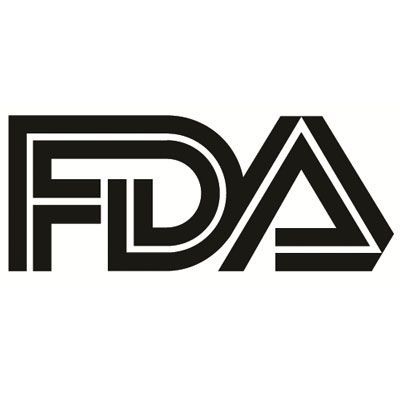Article
FDA Requests Public Comment on New Opioid Disposal Method
Author(s):
A new method of opioid disposal was proposed by the FDA in an attempt to mitigate unauthorized access to opioids and lessen risk of addiction.

The US Food and Drug Administration (FDA) just announced a potential modification to the Analgesic Risk Evaluation and Mitigation Strategy in an effort to alleviate risks associated with the opioid epidemic, specifically regarding disposal.
The proposed method of disposal would require unused opioid analgesics in outpatient setting to be dispensed with prepaid mail-back envelopes. Additionally, pharmacists would provide patient education on the safe options for opioid disposal.
How Opioid Disposal Works
The current recommended disposal options for opioids include flushing, commercially available in-home disposal products, collection kiosks and takeback events. The mail-back method would be an alternative to existing practices that doesn't require patients to mix medications with water, chemicals, or other substances.
Medications will be sent to Drug Enforcement Administration-registered facilities to be incinerated, circumventing any exposure to the water supply and landfills. Data support that the disposal rate of unused opioids may increase with further patient education.
Advantages to the Mail-Back Method
"The nondescript mail-back envelopes provided would be postage paid, offering patients a free disposal option," according to the FDA. "Additionally, there are long-standing regulations and policies in place to ensure that mail-back envelopes are fit for that purpose and can safely and securely transport unused medicines from the patient’s home to the location where they will be destroyed."
Before the decision is finalized, the FDA is seeking public comments from patients, patient advocates, health care professionals, academics, researchers, the pharmaceutical industry and other government entities through June 21, 2022.
“The FDA is committed to addressing the opioid crisis on all fronts, including exploring new approaches that have the potential to decrease unnecessary exposure to opioids and prevent new cases of addiction," Robert M Califf, MD, FDA Commissioner, said in a statement. "Prescribing opioids for durations and doses that do not properly match the clinical needs of the patient not only increases the chances for misuse, abuse and overdose, but it also increases the likelihood of unnecessary exposure to unused medications."




